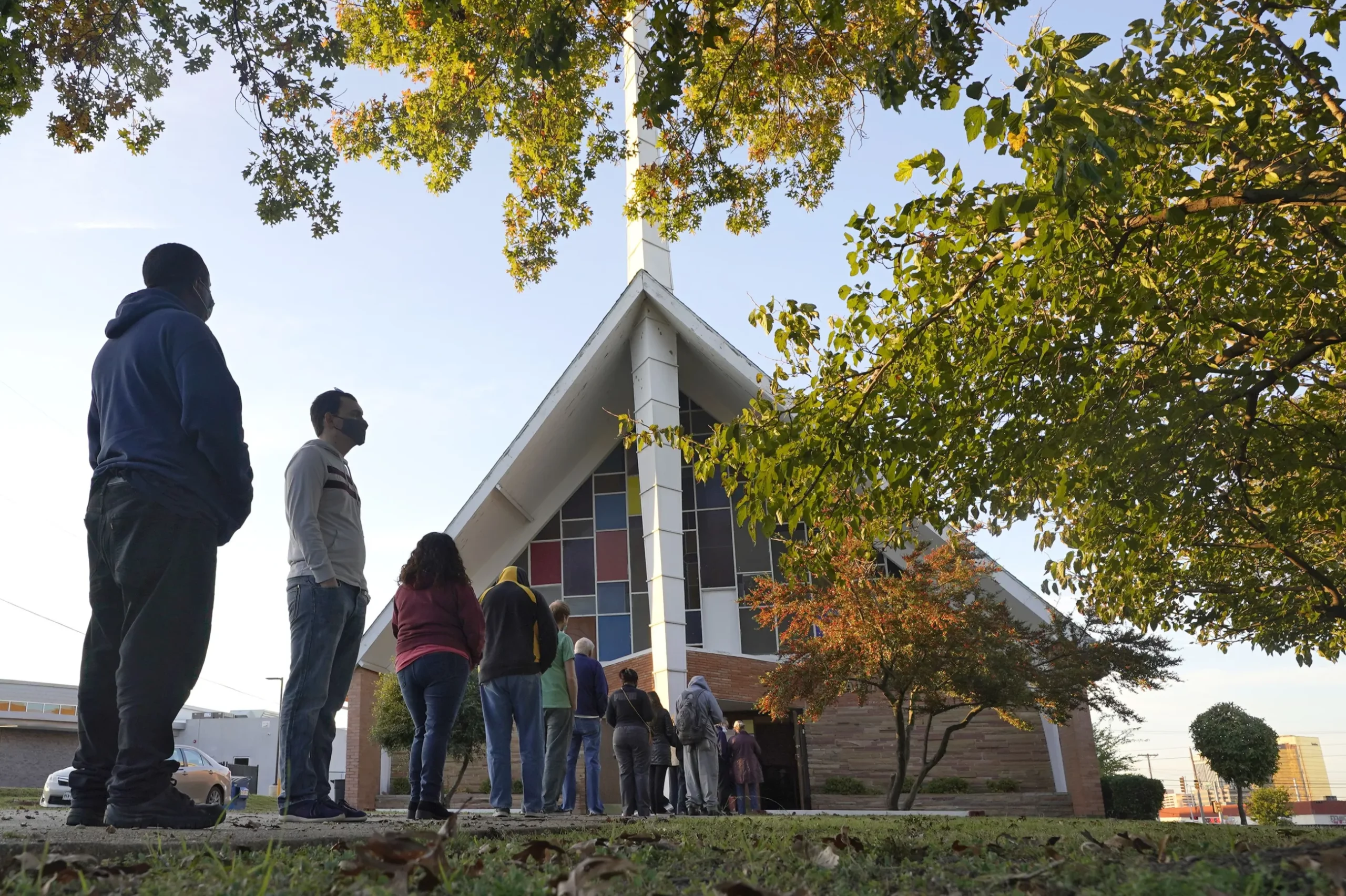An Oregon lawmaker reignited an old debate about faith and politics in mid-January when he described what type of leaders Americans look for during tough times.
E. Werner Reschke, a Republican member of the Oregon state legislature, implied that it’s natural to seek out Christian leaders and natural to be uninterested in non-Christian ones.
“You don’t want a materialist. You don’t want an atheist. You don’t want a Muslim. … You want somebody who understands what truth is, and understands the nature of man, the nature of government and the nature of God,” Reschke said during a Jan. 17 appearance on a talk show streamed on Facebook, according to The Associated Press.
Reschke’s comments sparked a backlash, including from some of his fellow state lawmakers.
For example, Oregon state Sen. Kayse Jama, who is Muslim, criticized the idea that lawmakers need to be Christian in a statement to Oregon Public Broadcasting.
“I am disheartened to see one of my legislative colleagues express views contrary to American values, the U.S. Constitution, and our collective aspiration of building a more perfect union,” he said.
The Freedom From Religion Foundation, which regularly speaks out against what it sees as inappropriate comments and actions related to religion and politics, sent Reschke a letter about his statements, calling on him to either apologize or resign.
“As a state representative, your duty is to support the state and federal Constitutions and to protect the rights of conscience of your constituents, not to promote your personal religious views, much less a Christian theocracy,” the letter said.
The foundation urged Reschke to remember that the Constitution prohibits government officials from imposing a religious test for office.
“No religious test shall ever be required as a qualification to any office or public trust under the United States,” Article VI of the Constitution says.
Although the Constitution prohibits official religious tests, unofficial ones have been part of American politics for centuries.
That helps explain why John F. Kennedy had to work so hard to explain his Catholicism to voters when he was running for president in the 1960s and why Vivek Ramaswamy, who recently dropped out of the 2024 presidential race, hired religious advisers to help him discuss his Hindu faith with evangelical voters in Iowa.
Today, most Americans say they’d vote for a “generally well-qualified” Catholic, Jewish, atheist or Muslim candidate for president if he or she earned the support of their political party, according to a Gallup poll released last week.
But the hypothetical atheist and Muslim candidates fared worse in the survey than Catholic and Jewish ones.
“The percentages of Americans willing to vote for a … Muslim or an atheist have (grown) over time but remain below 80%,” Gallup reported.
On his X account on Wednesday, Reschke highlighted two sections of the Oregon Constitution dealing with religious freedom, but did not comment on them.
He previously told Oregon Public Broadcasting in an email that his comments on non-Christian leaders have been “grossly taken out of context.”




